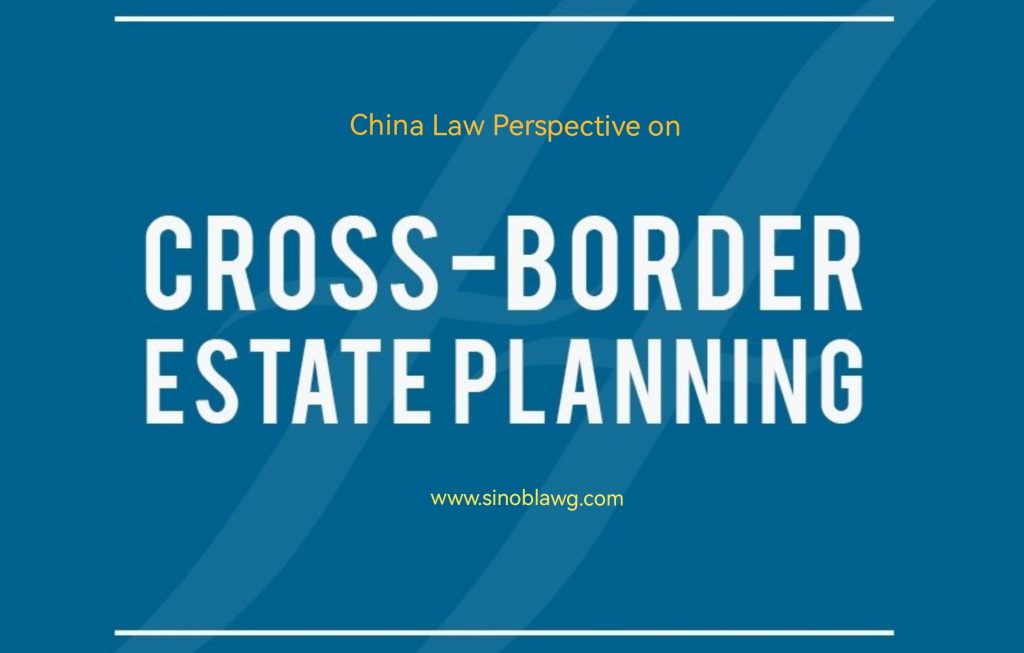In international businesses or cross-border civil affairs, English language dominates the writing of most documents. In the meantime, the party that does not speak English mother tongue will always wish to have the document in its own mother language. In most cases, the English version will be written first and then translate it into the other language. So translation comes into play now.
I have worked as a full time translator in Clifford Chance Shanghai Office for one year back in 2006. I know translation is important and a hard job at the same time.
But it is the recent first-hand experience that prompted me to write about the importance of, or in other words, the potential pitfalls of translation of legal documents.
Case I: A old lady (91 year-old) in Shanghai was brought by her son to USA. She was talked (if not cornered) into making a Will during her stay in USA to leave her properties (mainly an apartment in central Shanghai, Jing’An District) to her son and grandson. She was taken to a law firm in USA and signed a Will in both English and Chinese languages (separately, each a stand-alone Will). One can imagine that the Will must have been drew up in English first by the American lawyers and then been translated from English to Chinese. In the Will, the lady left little property or asset to her three daughters, who stood up to challenge the Will at Chinese courts.
Apparently, the lawyer on behalf of the party upholding the Will didn’t understand English at all, and they presented the Chinese version Will to court. Unfortunately, there is a contradiction/confusion in the Chinese version where a blanket/catch-all clause at the end of the Will contradicts previous clauses in terms of disposal of estate properties.
Here is the English version of blanket clause:
All of the rest of my estate, both real and personal, and wherever located, of which I may die seized or possessed, including without limitation, all property over which I may have a power of appointment or testamentary disposition, I give and appoint to my grandson XX… if he survives me….
However, the Chinese version goes like this:
All of the rest of my estate, both real and personal, and wherever located, including without limitation, all properties which I have disposed of in this Will, I give and appoint to my grandson XX… if he survives me….
The translation is very bad, leaving out some original wording in English and more seriously creating the contradiction by translating “I may have a power of appointment or testamentary disposition” into “I have disposed of in this Will”. Apparently, the provision is intended to cover any and all other properties than those mentioned and disposed of previously in the Will making sure they go to her grandson. The Chinese version made an “own goal” indeed, which may lead the court to annul the provision due to not making sense.
Case II: I am currently advising an American lawyer on understanding a civil judgement made by a Shanghai court. The American lawyer does not read Chinese and can only rely on the English version to understand the judgment. Unfortunately, the English translation is not good enough.
In understanding whether the defendant in the Shanghai court judgment has the right to sue the plaintiff thereto in subsequent litigation, a line in the civil judgment is critical. The English version is as follows:
Even if the fact can be substantiated by the respondent, no subsequence response to the lawsuit could be raised against the ownership property registered by the plaintiff.
The English version does not make much sense.
But when I read the Chinese version of the judgment, the line should actually mean the following:
Even if the fact can be substantiated by the respondent, [respondent] cannot raise claim against plaintiff’s registered ownership in this lawsuit.
The judge is saying that the respondent cannot raise claim against plaintiff property ownership in the current lawsuit (in which plaintiff asked to evict defendant out of an apartment in Shanghai). In other words, the respondent is not barred from launching a subsequent separate lawsuit against the plaintiff to claim her ownership in the property. But the English version failed to reflect the real meaning of this line in the Chinese judgment. The word “subsequence” in the English version does not have counterpart in the Chinese version, which is very misleading to the American lawyer.
Translation is not an easy job, esp in the case of legal translation.





Comments